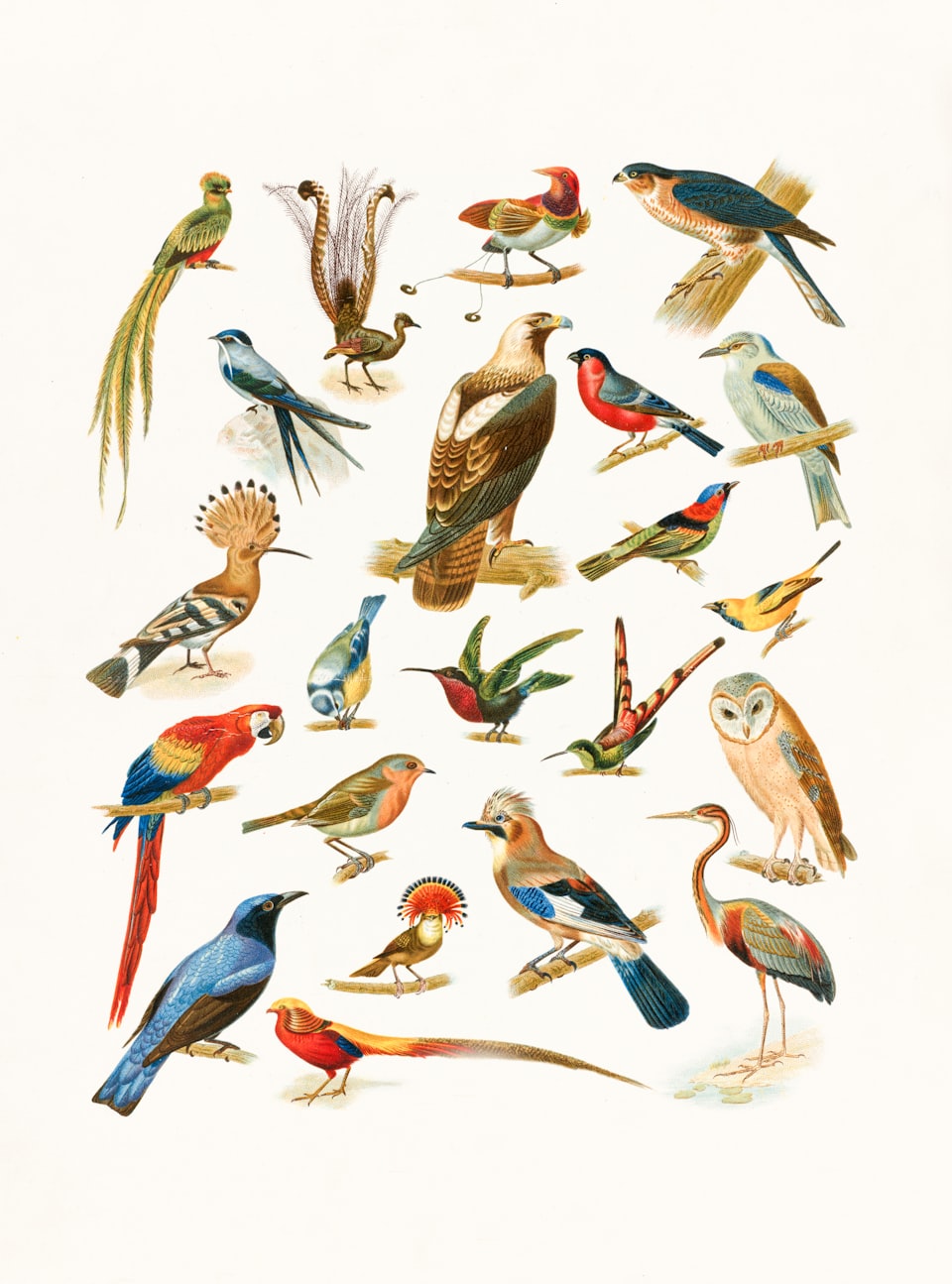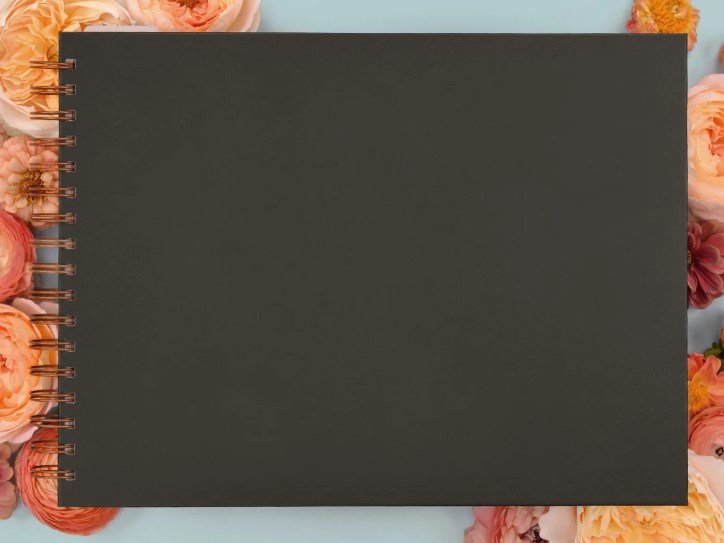Journaling From Sorrow City
I've been avoiding writing this post for a long time, but now that I'm finally sitting here I realize it's important, especially with the holidays coming in hot. Grief journaling is a soul-wrenching, bittersweet endeavor that no one really wants to talk about.

Hello Fellow Journalers!🖊️📖
I've been avoiding writing this post for a long time, but now that I'm finally sitting here I realize it's important, especially with the holidays coming in hot. Grief journaling is a soul-wrenching, bittersweet endeavor that no one really wants to talk about.
And why would we? Our feelings are raw and difficult. When a loved one is passed (or a not-so-loved-one, complicated relationships, I see you) it brings not just emotions or memories, but all the mundane steps of living without them. You're forced to fend off every reminder of them when it's their birthday, favorite restaurant, a gift they would have loved at the holidays. Welcome to Sorrow City.
Grief is like ripping out your heart and turning it under a fluorescent light for hours on end. For some, this experience is a cathartic balm; others find it a torturous re-run of their life as a surreal sitcom. My unasked for advice: like with all hard things, take your time. The process of grief is widely known through five steps (1):
- Denial
- Anger
- Bargaining
- Depression
- Acceptance.
When I lost my mom, I went straight through denial, anger, and bargaining into depression. Our relationship was positive and full of love in both directions. I wallowed on step four a long,
long,
long...
time.
Acceptance didn't really happen until years later. I was a young adult when she passed and hadn't really experienced much of life yet. Living a few years without her forced me to learn how to be without her. How to be at my birthday, mother's day, her death anniversary, holidays, milestones like college graduation, or when I got married. Each experience simultaneously lifted a stone off my shoulders while putting one on my heart. With every significant chapter, I felt as if "I got through it". Then the heaviness settled inside with the realization of "I got through it."
Ugh.
So why wax on about this? Where does journaling come in for you? Like with any awful task, if you're reaching out for advice, a person usually wants to know some credentials. Some sort of resume. Well, I just gave you my resume. My mom dying sucked. Grief journaling sucked too, but ultimately, that helped me catalogue my thoughts, feelings, and reaffirm myself and my needs.
Let me make this next statement in all caps to the ultimate cringe of school teachers everywhere:
📢GRIEF JOURNALING DOES NOT REPLACE THERAPY📢

There are a lot of benefits to grief journaling (we'll get to those, promise!) but when it comes to grief, especially complicated grief, journaling alone cannot help you unpack all those feelings, memories, and thoughts. (2) Did you experience trauma from the deceased? Perhaps it was a nuanced relationship that had love but also had unhealthy aspects too? This is where I point you to therapy. Sitting in those emotions on repeat without a hand to pull you out may do further harm than good.
The Case For Grief Journaling
Grief journaling is expressive writing. Studies show that expressive writing can process emotions, improve mental health, and promote emotional processing. Grief journaling is also a considered a tool that can be helpful when learning coping mechanisms for loss. (3, 4, 5)
Therefore, when I was writing about my mom, my feelings, my days without her, I was processing every hard bit. I was combing through my emotions. Recently I read a book with my daughter called Bats in the Band by Brian Lies, which had a poignant passage:
Over there, a singer cries
of lonely days and empty skies,
Her feelings fill the room with blue
and soon we find we're crying too
It's hard to figure– eyes get wetter,
...so how is it that we feel better?
When I read that, I thought, that is exactly what grief is like. The crying, the moping, the wallowing. It took a long time, but I did feel better. Journaling allowed me to be sentimental and share things with her that I would have if she we're alive. It allowed be to be nostalgic and reminisce in a healthy way.
Let's summarize:
What You Get With Grief Journaling
● an emotional outlet
● an opportunity to process memories
● a coping mechanism
● an opportunity for reflection and growth
Journaling Methods Best Suited For Grief Journaling
Freewriting

Freewriting is exactly what it implies. You start writing whatever pops into your head and keep going. It's meant to be bohemian. It's also best when you need an unstructured space. There should be no pause to correct for grammar or typos. There is no need for editing. The goal is to keep writing, and writing, and writing...and confront all of those unspoken thoughts.
If you have the tendency to wallow too long, keep yourself on a timer for your own mental health.
Write A Letter

Writing a letter is a popular way to grief journal. So much can be left unsaid and never done. This technique allows you a window to bridge the gap of what never happened in life to a place of closure while mourning. This method also provides the safe space needed that never came when the deceased was alive to ask hard questions or express challenging emotions.
Gratitude

I felt so grateful for my mom and didn't express it enough when she was alive. Gratitude journaling is a solid way to put your thankfulness of the deceased front and center. You can list it, dedicate pages, make notes, place it into a jar, etc.
Memories

Memory journaling goes over specific events that had meaning to you. You can include photos or memorabilia. This can allow catharsis over specific memories and provide space for reflection. One strategy would be to tackle one event at a time. If one memory is particularly painful, plan in advance to have emotional support that day.
Grief Journaling was hard, but also one of the most valuable methods I employed for journaling in my life. I was able to grow stronger because of it, and for that, I highly recommend it.
If you've made it this far, please consider signing up for the monthly 311 newsletter. Want a preview? Head here.
Stay connected with me on LinkedIn, Pinterest, Instagram, Facebook, Threads, and Amazon.
That's all for this post!
-A Very Enthusiastic Journaler

Citations
- Kübler-Ross, E. (1969). On death and dying. Tavistock Publications.
- Boelen, P. A., Reijntjes, A. H., & van den Bout, J. (2018). The added value of expressive writing to internet-based cognitive behavioral therapy for complicated grief: A randomized controlled trial. Journal of Consulting and Clinical Psychology, 86(7), 645–657.
- Neimeyer, R. A., & Pennebaker, J. W. (2000). Expressive writing in bereavement: Disclosure, reflection, and emotional outcomes. Journal of Personality and Social Psychology, 78(4), 971-980.
- Smyth, N. J., Greenberg, M. T., & Silver, R. C. (2009). Expressive writing: Effects on health and psychological well-being. American Psychologist, 64(1), 42–55.pen_spark
- Sbarra, D. A., & Rosenberg, E. S. (2004). The effects of expressive writing on grief and bereavement. Journal of Consulting and Clinical Psychology, 72(4), 683-693.



